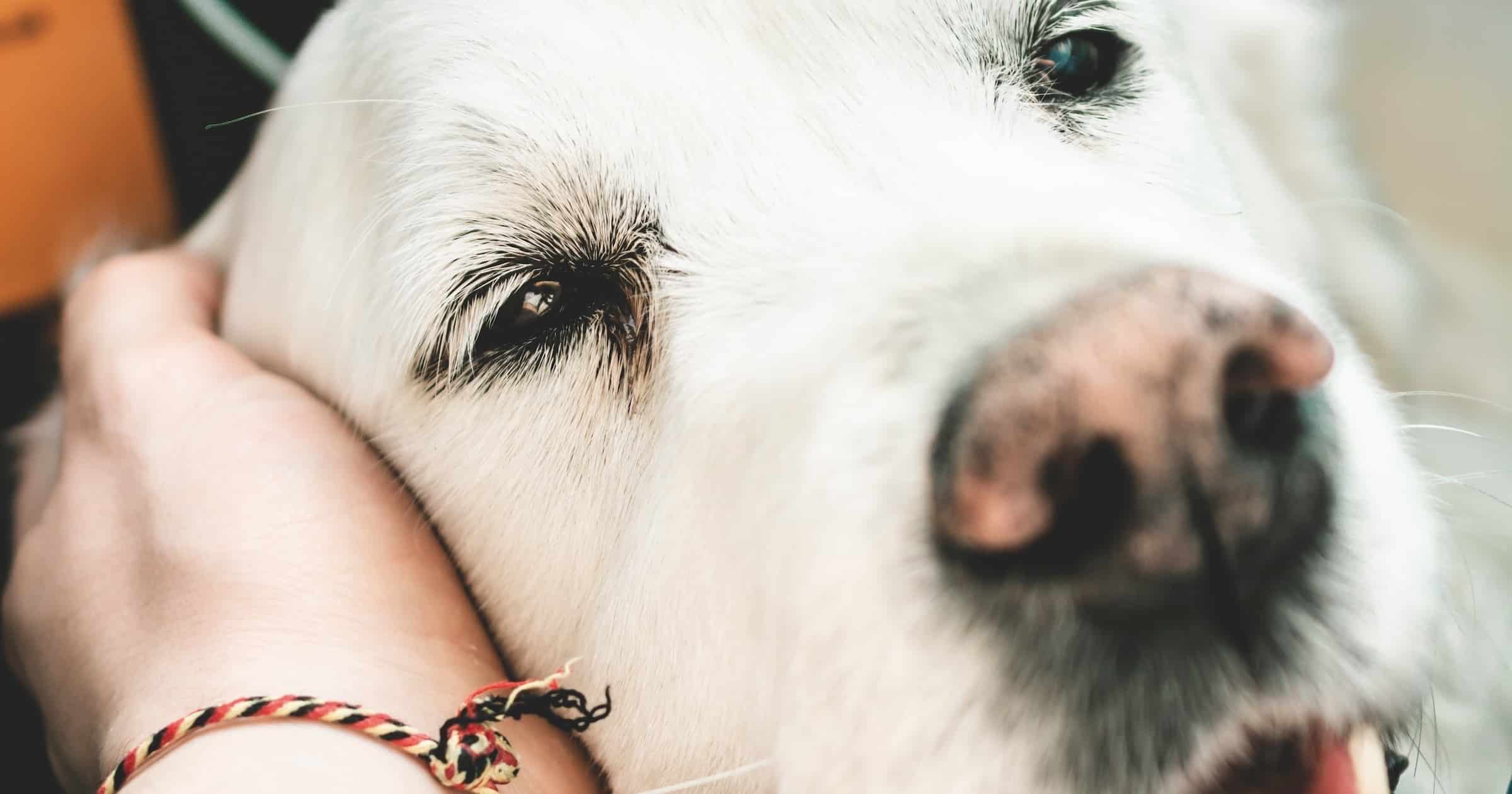 Neuroscience & Mind
Neuroscience & Mind
Can Old Dogs Learn New Tricks? It Depends

Founded in 2014, the Dog Aging Project has enrolled 40,000 pet dogs in an effort to understand, among other things, when dogs’ mental functioning reaches its peak and how it declines with age. Researchers at the University of Washington and Texas A&M are tackling the question via veterinary records, DNA samples, health questionnaires, and cognitive tests on the dogs. Better understanding and care for aged pets is a key goal, of course:
“There’s a lot we just don’t know about how dog cognition changes with age,” says comparative psychologist Evan MacLean, director of the Arizona Canine Cognition Center at the University of Arizona in Tucson and a collaborator on the Dog Aging Project. What is normal cognitive aging? Do early memory impairments signal later dementia? A longer-term aim, MacLean says, is to identify early interventions that could slow deterioration.
LESLEY EVANS OGDEN, “INSIDE THE BRAINS OF AGING DOGS” AT KNOWABLE MAGAZINE (JULY 26, 2022)
Dogs, Mice, and Aging
The Project is currently testing rapamycin which has slowed the deterioration associated with aging in mice:
The cognitive test is intended to track memory and learning over time:
One test designed to study memory and learning, for example, involves three brightly colored, boldly patterned squares that dogs have been trained to associate with a specific location on the screen. During the test, dogs face a screen inside a wooden box and are supposed to touch the square with their noses only when it appears in its correct spot. Bray’s tests explore normal cognitive functioning, but they also target skills that may change with age and are dependent on brain regions affected by Alzheimer’s disease in people and its analog in dogs, known as canine cognitive dysfunction. Dogs — who learn to love screen time, based on their tail wagging — will be periodically tested to see how their memory and learning abilities hold up over time.
LESLEY EVANS OGDEN, “INSIDE THE BRAINS OF AGING DOGS” AT KNOWABLE MAGAZINE (JULY 26, 2022)
New Tricks and an Old Dog
By the way, as to teaching an old dog new tricks, the Family Dog Project in Hungary, which sponsors research on dogs, decided to research that:
Comparative cognition expert Zsófia Virányi and her former student, Durga Chapagain, gave 119 pet dogs a series of 11 cognition tests involving tasks like viewing pictures, playing, finding hidden food and manipulating toys. They found that traits like problem-solving ability, boldness and playfulness declined predictably with age. But in a task where dogs had to learn to make eye contact with the trainer after finding and eating a piece of sausage dropped on the floor, a behavior rewarded with another piece of sausage, older dogs performed just as well.
LESLEY EVANS OGDEN, “INSIDE THE BRAINS OF AGING DOGS” AT KNOWABLE MAGAZINE (JULY 26, 2022) THE PUBLISHED RESEARCH NOTED IS OPEN ACCESS.
So it turns out to depend to some extent on the tricks we want the dog to learn.
One interesting Dog Aging Project find — doubtless a sharp disappointment to many dogs — is that feeding a dog only one meal a day was associated with both better health and better performance on cognitive tests. More research is needed but a similar effect has been noted in mice.
Read the rest at Mind Matters News, published by Discovery Institute’s Bradley Center for Natural and Artificial Intelligence.
